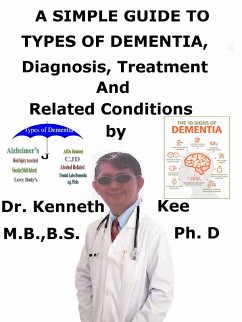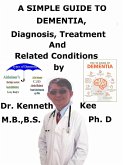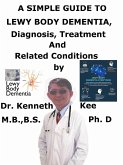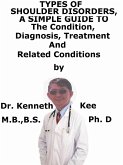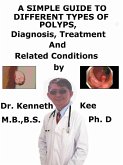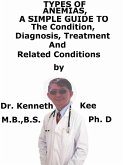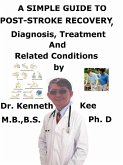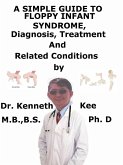Dementia is not a specific disorder but is rather a broad term for the impaired ability to think, remember or make decisions that affects every day activities.
Alzheimer's disease is the most frequent cause of dementia, responsible for 60-80% of dementia cases.
Alzheimer's is a specific disorder.
Dementia is not.
Dementia is a term used for deterioration in mental ability severe enough to disrupt daily life.
Dementia depicts a group of symptoms linked with deterioration in memory, reasoning or other thinking skills.
Many different types of dementia are present and many disorders cause it.
Irreversible Dementias are:
Alzheimer's disease
Vascular dementia
Lewy body dementia
Frontotemporal dementia
Mixed dementia
Huntington's disease
Creutzfeldt-Jakob disease
Parkinson's disease
Alzheimer's disease
This is the most frequent cause of dementia, responsible for 60 to 80 percent of cases.
It is caused by specific alterations in the brain.
The specific symptom is trouble memorizing recent events, such as a conversation that happened minutes or hours ago while problem remembering distant memories happens later in the disorder.
Vascular dementia
About 10 % of dementia cases are linked to strokes or other disorders with blood flow to the brain.
Blood vessel disorders can produce strokes or affect the brain in other ways, such as by injuring the fibers in the white matter of the brain.
Lewy body dementia
Lewy bodies are abnormal balloon-like clumps of protein that have been observed in the brains of people with Lewy body dementia, Alzheimer's disease and Parkinson's disease.
Frontotemporal dementia
FTD is a group of diseases featured by the deterioration of nerve cells and their connections in the frontal and temporal lobes of the brain.
Reversible Dementias are:
Delirium
Endocrine Diseases
Metabolic Diseases
Emotional Disease (depression)
Nutritional deficiencies, Normal-pressure hydrocephalus
Trauma and Tumor
Infections and immune disorders
Adverse side effects of medicines
People with dementia can have disorders with:
Memory
Attention
Communication
Reasoning, judgment, and problem solving
Visual perception beyond typical age-related changes in vision
Signs that may indicate dementia are:
Getting lost in a familiar neighborhood
Using unusual words to indicate familiar objects
Forgetting the name of a known family member or friend
Forgetting old memories
To diagnose the cause of the dementia, the doctor must identify the pattern of the loss of skills and function and determine what a person is still capable of doing.
More recently, biomarkers have become accessible to determine a more accurate diagnosis of Alzheimer's disease.
Presently, no cure is available for any of the causes of irreversible dementia.
The treatment of dementia is dependent on the underlying cause.
Neurodegenerative dementias, like Alzheimer's disease, have no cure, even though there are medicines that can help protect the brain or treat symptoms such as behavior changes:
Cholinesterase inhibitors
Memantine
A healthy lifestyle such as regular exercise, healthy eating, maintaining social contacts reduces chances of developing chronic diseases and reduce number of people with dementia.
Non-drug Therapies may help:
Occupational therapy
Modifying the environment
Simplifying tasks
TABLE OF CONTENT
Introduction
Chapter 1 Dementia
Chapter 2 Alzheimer Disease
Chapter 3 Vascular Dementia
Chapter 4 Lewy Body Dementia
Chapter 5 Frontotemporal Dementia
Chapter 6 Parkinson Disea...
Dieser Download kann aus rechtlichen Gründen nur mit Rechnungsadresse in A, B, CY, CZ, D, DK, EW, E, FIN, F, GR, H, IRL, I, LT, L, LR, M, NL, PL, P, R, S, SLO, SK ausgeliefert werden.

